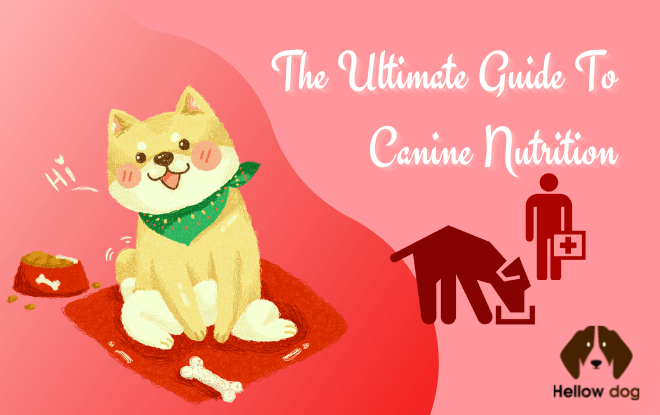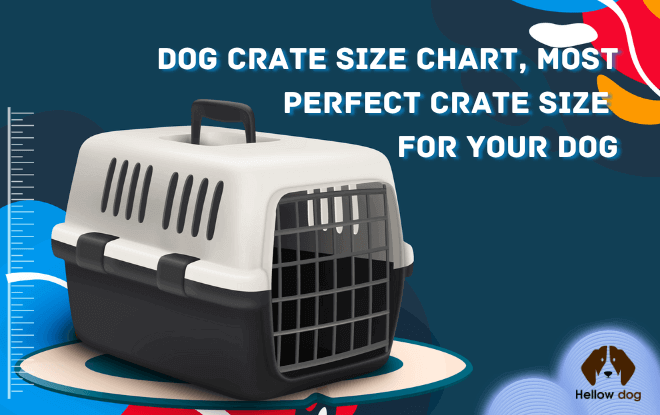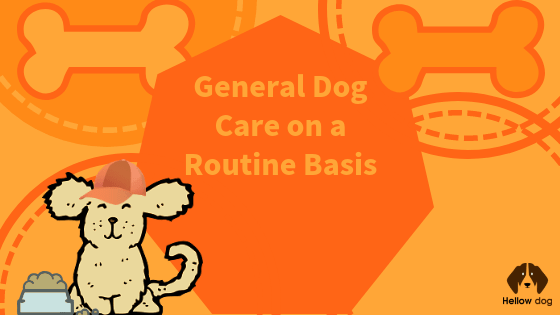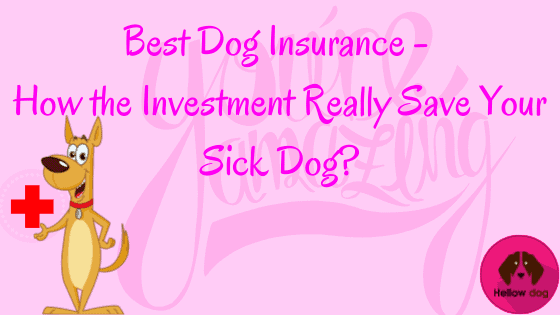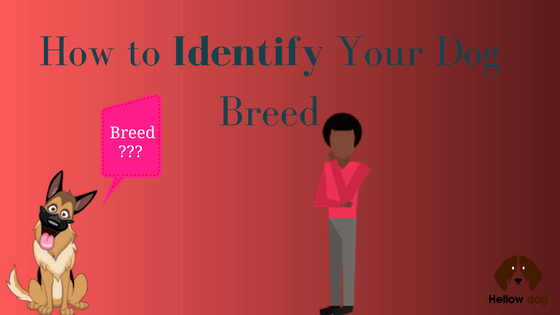It doesn’t matter if you prepare your dog custom meals from scratch, orders their dog food online, or go to your local pet supply store and buy whatever’s on sale – in order for your dog to be as healthy as possible, it’s important that you understand the basics of canine nutrition. You’d be surprised at just how many people don’t understand anything at all about nutritional requirements for dogs.
Many people mistakenly believe that dogs only need to eat meat to survive (which couldn’t be anything further from the truth), that all dogs can eat the same types of food, or that food sensitivities don’t exist. These beliefs have become so widespread that there’s actually a problem in the US with canine obesity. That’s right – dogs are becoming just as obese as humans are (in the West, anyway).
Below we cover the basics of nutrition for dogs and then get into some of the more specific reasons why you should start taking your dog’s diet a lot more seriously. Numerous health problems, especially those of a chronic nature, could be entirely prevented (only more dog owners understood the basics of nutrition).

The Basics: Macros and Nutrients
Starting with the very basics, you should at least know the following required nutrients (and yes, these are required for all breeds, ages, etc.):
- Protein
- Fats
- Carbs
- Minerals
- Vitamins
- Water
You might be surprised to see carbs on this list, which ties into the myth we displayed above about dogs being carnivores (hint: they’re not). Yes, dogs need carbs just as much as humans do. Just like us humans, dogs require a pretty well-balanced diet that’s rich in various nutrient-dense foods. Healthy fats, carbs, and protein should constitute the bulk of any dog’s diet.
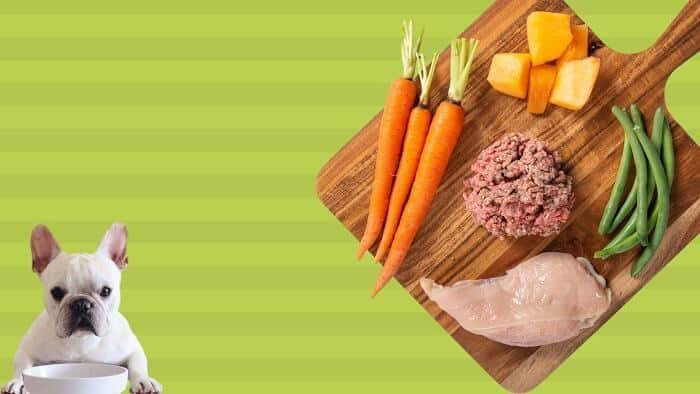
All About Protein
While we’ve already established the fact that dogs are indeed not carnivores, they still need protein to live (and be healthy). Protein is important because it allows your dog’s cells to rebuild themselves, as well as perform regular maintenance on already existing cells.
Of course, your dog’s hair and nails are essentially made up of protein cells, which is why you must feed your dog a diet that’s rich in healthy protein sources. Some estimates place the percentage of protein used for hair/nails at over 25%. But, what exactly are proteins, anyway?
There are over 20 different amino acids in proteins, and about half of these amino acids are in fact produced within our bodies (as well as the bodies of our pet dogs), however, the other half are not. This is where the term “essential amino acids” comes into play (which I’m sure you’ve heard before). These amino acids that aren’t produced by our bodies need to be ingested from an external source (i.e. one’s diet).

Fat Is Healthy?
Most people think that carbs are the only way that our bodies can produce energy, but you might be shocked to learn that fat is actually one of the best energy producers in the natural world. Not only does fat provide an excellent energy source/store, but it also provides the body with essential fatty acids (which are required to perform certain bodily functions that are essential).
There’s a very common misconception about fat in general (that it’s unhealthy). For humans, anyways, there are countless “fat-free” products lining the shelves of grocery stores. People probably think that “eating fat” will “make you fat,” but that notion really couldn’t be any further from the truth, and it’s the same for dogs as well. The body becomes overweight through eating an abundance of calories (known as a caloric surplus) – not from just eating fat.
Carbs for Dogs? Yes!
Just like with fats, lots of people are surprised to learn that dogs only need carbohydrates to survive. This comes from a long-standing view that dogs can live off steak alone, or just eat animals and be perfectly fine. Even in the wild, dogs routinely eat grass, vegetables, mushrooms, etc. (so, they get their carbs in one way or another).
There are many different ways that dogs can get the necessary level of carbs in their diets. Most dog foods include healthy carbohydrate sources in the form of potatoes, rice, or grains. Check out this post by PetCareRx if you have any dog food questions.
Vitamins: Important for Both Humans and Dogs
If you thought that dogs don’t need vitamins, you’re unfortunately very wrong. Dogs, just like humans, require a lot of different vitamins. That’s why most quality dog food brands fortify their recipes with added vitamins. While it’s certainly recommended for your dog to receive its vitamins from natural sources/ingredients, we realize that not everyone has the budget for this.
If you can only afford a fortified dog food brand or one that doesn’t contain the highest quality ingredients, that’s okay – just try to spend as much as possible. Your dog’s health is 100% worth the extra money (which might end up saving you vet-related costs down the road anyway).
Minerals: More Essential Than You Think
Although minerals make up a very, very small percentage of a dog’s actual body, they are 100% essential for overall health. For example, without the proper level of minerals, your dog’s bones, teeth, and joints will suffer from improper development/health. Generally speaking, there are two types of minerals: macro and micro. An example of a macromineral would be calcium, which is important for bone growth/development.
Microminerals are just as important, but not as well known as macrominerals (such as calcium). The important thing to remember about minerals is that they need to be perfectly balanced with each other to be maximally effective.
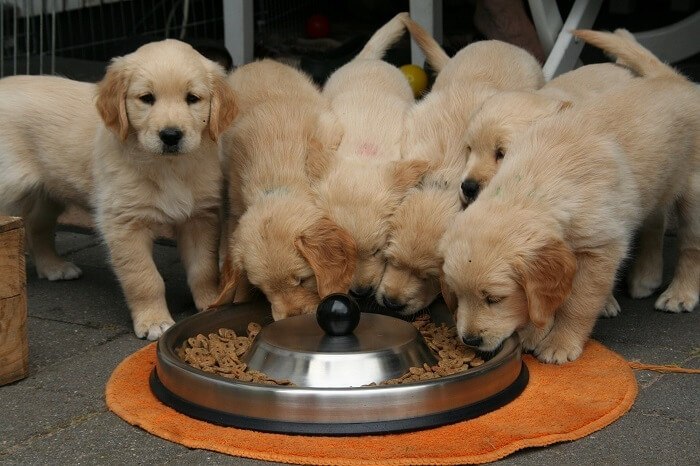
Reviewing the Basics of Canine Nutrition: What You Need to Know
So, here’s a quick recap of what’s been covered so far:
- Your dog needs the proper ratio of fats, protein, carbs, and vitamins/minerals
- Both fats and carbs are 100% necessary for your dog’s health
- Minerals and vitamins are also very important for health support and development
Whether you want to feed your dog home-cooked meals that you prepare yourself three times per day, or you want to order high-quality dog food online, using the information above when making your purchasing decision will help you buy a high-quality, nutrient-dense dog, food. Keep the basics of nutrition in mind, and your dog’s health will thank you for it!
Metabolism in Dogs: What You Need to Understand
While it’s true that dogs share some dietary relations with humans (e.g. the need for a well-balanced diet), that’s really where the similarities end. One of the biggest misconceptions among dog owners is that their pets have the same types of metabolisms as themselves.
As we’ve already mentioned, they also tend to believe that dogs only need meat, that fats are unhealthy, and carbs aren’t required in canine nutrition. All of these are obviously false, but that’s the state of Western dog owners, although it’s been getting better since the internet (i.e. more time for people to research dog care).
Dogs are essentially omnivores, the same as humans. One of the biggest differences between us, though, is that dogs generally require a much lower level of carbohydrates than us. Dogs have a different biological makeup within their gut that allows them to obtain a lot more energy from protein and fats than humans. That’s why they don’t need as many carbs as most humans.
What You Should Never Feed Your Dog
There are many different types of toxic foods that dogs should never eat (under any circumstance). These go beyond sensitivities, or even allergies, there are actual substances and food types that are toxic for dogs – meaning that they will negatively affect any breed, age, or type of dog that ingests them.
Some of the following food items might be obvious, but it’s better to be safe than sorry! Avoid feeding your dog(s) the following types of food/beverages:
- Alcohol
- Chocolate
- Coffee and/or caffeine sources
- Raisins
- Grapes
- Onions
- Nuts
- Artificial sweeteners (e.g. Xylitol)
Xylitol (and similar artificial sweeteners) can cause major problems in your dog’s liver. If your dog consumes a large quantity of it, liver failure is probably imminent. That’s why you need to be very careful about feeding your dog treats and food/beverages that are made for human consumption.
Remember, dogs and humans have completely different body systems and the way we process food is completely different from how dogs process food. One last thing to keep in mind: always strive to feed your dog minimally-processed, high-quality dog food. You never want to feed your dog food that’s been highly processed and contains a lot of filler ingredients. These types of ingredients aren’t healthy and often lead to the development of health problems.

